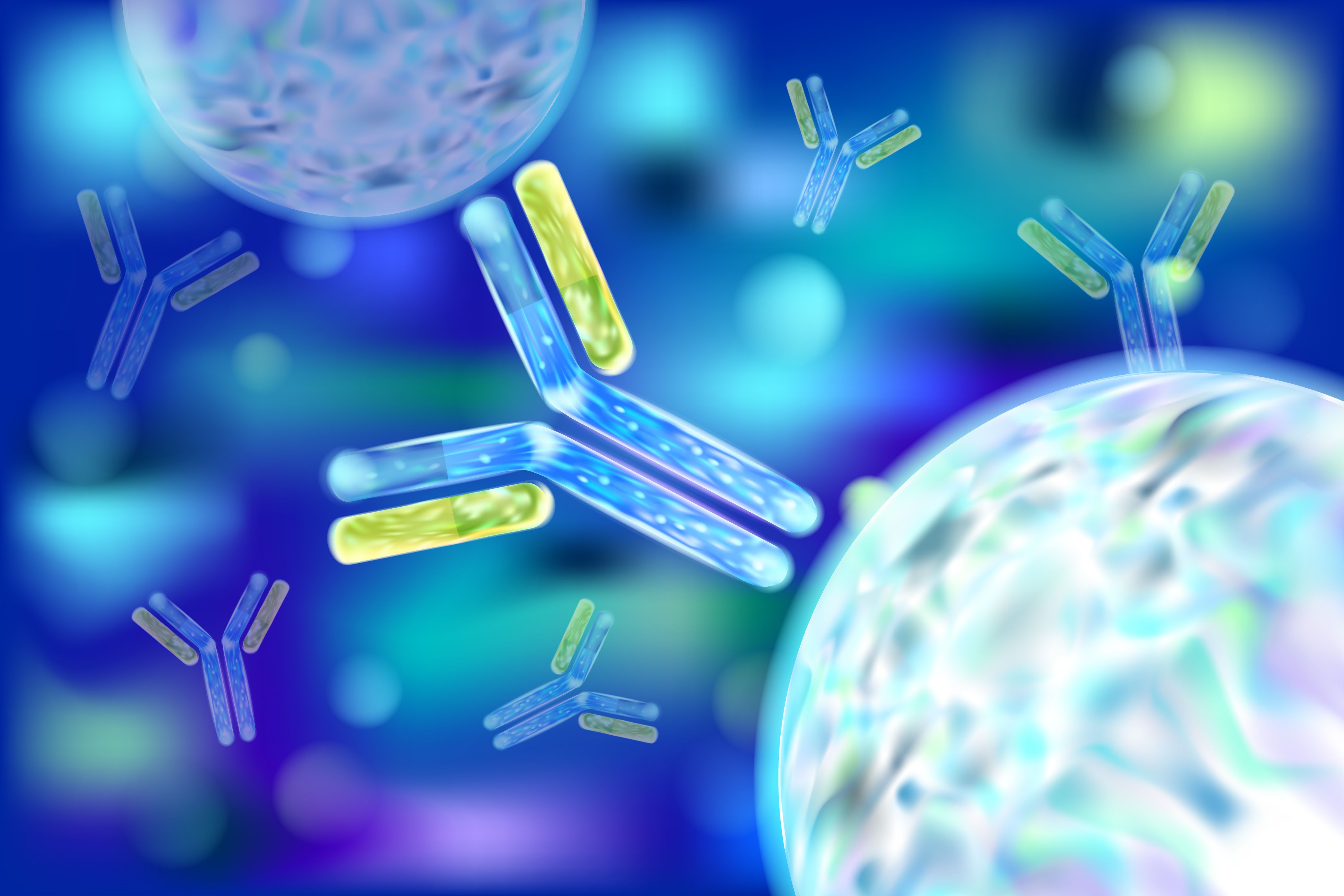AIU–IM–MS Unlocks Precision in Assessing Therapeutic Antibody Stability
Researchers in Tianjin, China, have employed all ion unfolding–ion mobility–mass spectrometry (AIU–IM–MS) to enhance the differentiation of therapeutic polyclonal antibodies, offering insights into improvements in conformational stability and advantages in cost-effectiveness.
In a recent study published in the Journal of the American Society for Mass Spectrometry, a team of four researchers in Tianjin, China—Rui Zhao and Ning Liu of Nankai University, Gongyu Li of Nankai University and the Haihe Laboratory of Sustainable Chemical Transformations, and Zhen Zheng of Tianjin Medical University—introduced an innovative approach to assess the conformational stability of therapeutic polyclonal antibodies (pAbs) with enhanced precision and efficiency (1). The method, known as all ion unfolding–ion mobility–mass spectrometry (AIU–IM–MS), represents an advancement in the characterization of pAbs, addressing their unique advantages over monoclonal antibodies and paving the way for their broader clinical applications.
Antibody (Ab), also known as an immunoglobulin (Ig). 3d vector. | Image Credit: © sakurra - stock.adobe.com

Polyclonal antibodies offer distinct advantages in terms of cost, production time, and affinity when compared to monoclonal antibodies. To harness the full potential of pAbs in clinical settings, it is crucial to comprehensively understand their conformational stability at a molecular weight-resolved scale. However, traditional analytical techniques have struggled to provide simultaneous information on both stability and molecular weight with sufficient accuracy.
Ion mobility–mass spectrometry (IM–MS) has emerged as a promising approach to rapidly assess the conformational stability of proteins while maintaining accurate molecular weight information. This technique is particularly effective when combined with collision-induced unfolding (CIU), which allows researchers to capture dynamic conformational intermediates, supplementing traditional structural measurements based on collisional cross-section. However, most CIU–IM–MS methods focus on analyzing isolated, specific protein ions, limiting their analytical throughput and speed.
In this study, the researchers introduced the AIU–IM–MS approach, which enables the simultaneous analysis of multiple ions during stepped unfolding processes. This novel technique offers several noteworthy benefits for the analysis of pAbs. Firstly, AIU provides a quantitative characterization of subtle differences in conformational stability among four structurally similar pAbs, significantly improving the ability to differentiate between stability and structural parameters by two- to fourfold. This enhanced resolving capability is instrumental in understanding the unique characteristics of pAbs.
Moreover, AIU offers substantial time savings and improved spectrum quality, featuring an elevated signal-to-noise ratio. This is a critical advantage, as it accelerates the analytical process while maintaining the precision required for studying pAbs. With AIU–IM–MS, researchers can efficiently assess the conformational stability of therapeutic pAbs, unlocking new possibilities for their application in various medical scenarios.
The researchers have not only introduced a novel analytical technique but have also demonstrated its effectiveness by focusing on the conformational stability of pAbs. By allowing the simultaneous analysis of multiple ions during unfolding processes, AIU–IM–MS significantly enhances the differentiation of stability and structural parameters. This development has the potential to reshape the landscape of therapeutic pAb research and its clinical applications, making it noteworthy in the field of mass spectrometry and antibody characterization in general.
This article was written with the help of artificial intelligence and has been edited to ensure accuracy and clarity. You can read more about our policy for using AI here.
Reference
(1) Zhao, R.; Liu, N.; Zheng, Z.; Li, G. Enhanced Stability Differentiation of Therapeutic Polyclonal Antibodies with All Ion Unfolding–Ion Mobility–Mass Spectrometry. J. Am. Soc. Mass Spectrom. 2023, 34 (10), 2289–2295. DOI: https://doi.org/10.1021/jasms.3c00215
Detecting Hyper-Fast Chromatographic Peaks Using Ion Mobility Spectrometry
May 6th 2025Ion mobility spectrometers can detect trace compounds quickly, though they can face various issues with detecting certain peaks. University of Hannover scientists created a new system for resolving hyper-fast gas chromatography (GC) peaks.
New Method Explored for the Detection of CECs in Crops Irrigated with Contaminated Water
April 30th 2025This new study presents a validated QuEChERS–LC-MS/MS method for detecting eight persistent, mobile, and toxic substances in escarole, tomatoes, and tomato leaves irrigated with contaminated water.

.png&w=3840&q=75)

.png&w=3840&q=75)



.png&w=3840&q=75)



.png&w=3840&q=75)


